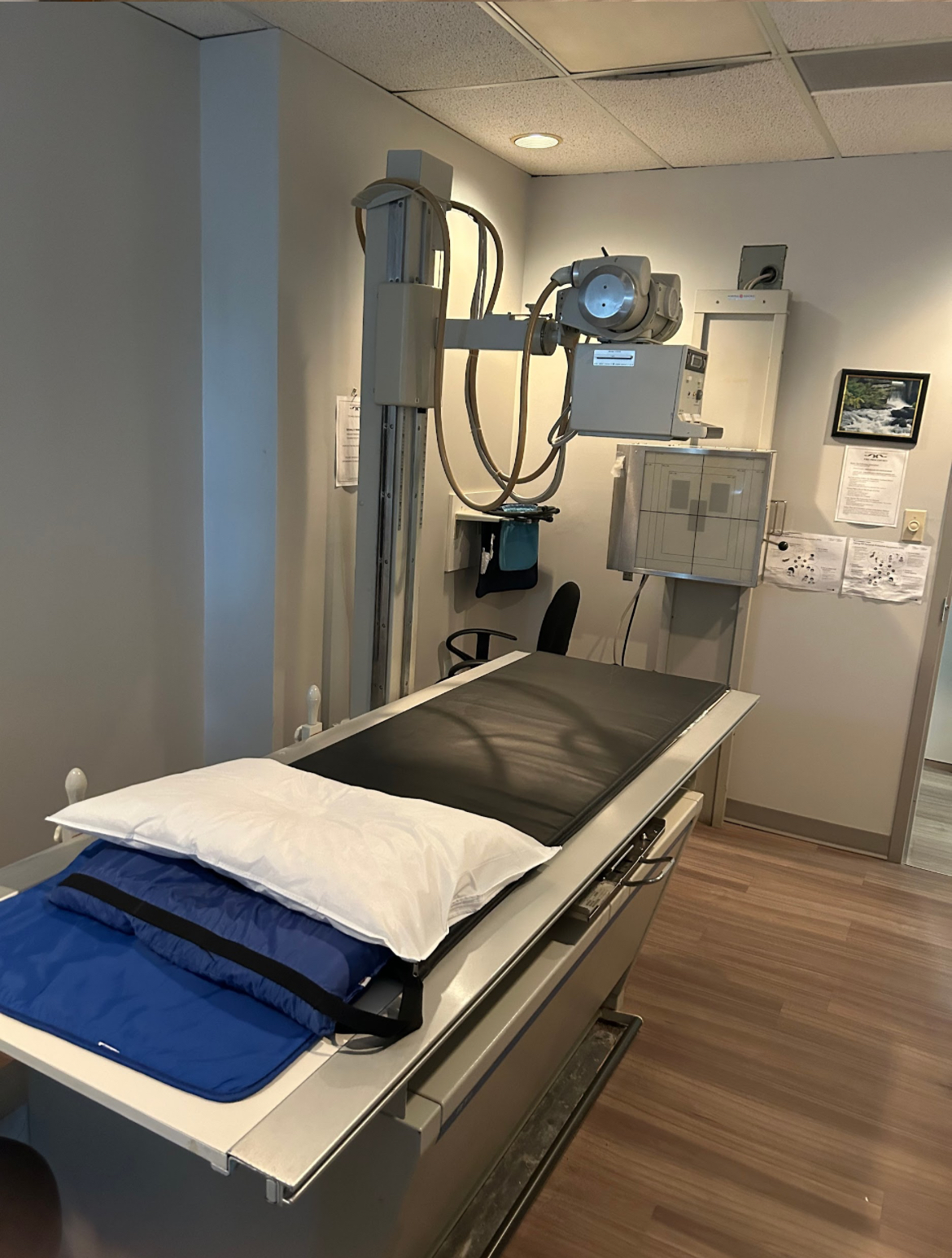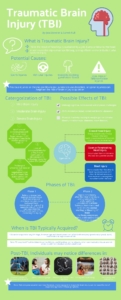Navigating Life After Brain Injuries: My Journey and Insights on TBI in Older Adults
Jess Downer
Today, I want to share a bit about my experiences with brain injuries and dive into the impact of traumatic brain injury (TBI) on older adults. Spoiler alert: it’s a bigger deal than you might think!
Throughout my life, I’ve had about six brain injuries, but the one that stands out the most happened when I was in elementary school. Picture this: I’m running down the hallway, totally in the zone, when I hit a puddle left from a snowball. Next thing I know, I’m slipping backward and smack—my head hits the cold, hard floor. My teacher sent me to the office for ice and called my mom, and just like that, I was off to the ER.
When we got there, the triage nurse checked me out, and before I knew it, I’d passed out. Waking up in my room with IVs in my arm and my mom looking worried is a memory I’ll
never forget. The doctors diagnosed me with a level 2 brain injury, also known as a moderate one. From then on, it felt like every little bump to my head could land me another concussion, leading to more time away from school, work, and all my favourite activities.
Because of my experiences, I’ve developed a real interest in TBI, especially in older adults, as I’m working on a disability certificate. It’s super relevant these days, especially with our population aging rapidly.
So, what causes TBI in older folks? You guessed it—falls. They’re the leading cause of injuries in this age group, and as people get older, the risk of falling increases. Factors like decreased mobility, balance issues, and medication side effects all come into play.
When older adults do suffer a TBI, the consequences can be serious. We’re talking cognitive decline, functional impairments, and even a higher risk of mortality. Plus, TBI can take a toll on mental health, leading to social isolation and increased dependency on caregivers. The older you are, the more dangerous a TBI can be, often leading to more severe long-term effects compared to younger individuals.
Diagnosing and treating TBIs in older adults is tricky, especially if they already have cognitive impairments. Treatment usually involves a whole team of healthcare pros—doctors, physical therapists, psychologists, and more—working together to give patients the best chance at recovery.
So, how can we reduce the risk of TBI? Here are some practical tips:
- Home Safety Modifications: Clear away tripping hazards and install handrails in stairways and bathrooms.
- Regular Health Check-ups: Keep tabs on vision and hearing and manage chronic conditions that might contribute to falls.
- Exercise and Balance Training: Stay active to improve strength and coordination. Activities like Tai Chi or yoga can be great for stability.
- Assistive Devices: Use canes, walkers, or other mobility aids if needed, and make sure they’re properly fitted.
- Fall Prevention Programs: Join community programs focused on fall prevention and education.
Understanding TBI in older adults is crucial for developing effective prevention and treatment strategies. With ongoing research and public health initiatives, we can tackle this important issue together!
Here are a few useful sites on fall prevention!
- https://www.nia.nih.gov/health/falls-and-falls-prevention/falls-and-fractures-older-adults- causes-and-prevention
- https://www.canada.ca/en/health-canada/services/healthy-living/your- health/lifestyles/seniors-aging-preventing-falls-around-your-home.html
References
McGowan, J. (2017). The impact of traumatic brain injury in older adults: A review of the
literature. Journal of Aging and Health, 29(4), 566-579. https://doi.org/10.1177/0898264316684542
Tzeng, R. C., & Chen, C. (2021). Factors affecting recovery from traumatic brain injury in older adults: A systematic review. Geriatrics, 6(3), Article 67. https://doi.org/10.3390/geriatrics6030067
Below is an Infographic Regarding TBI:







